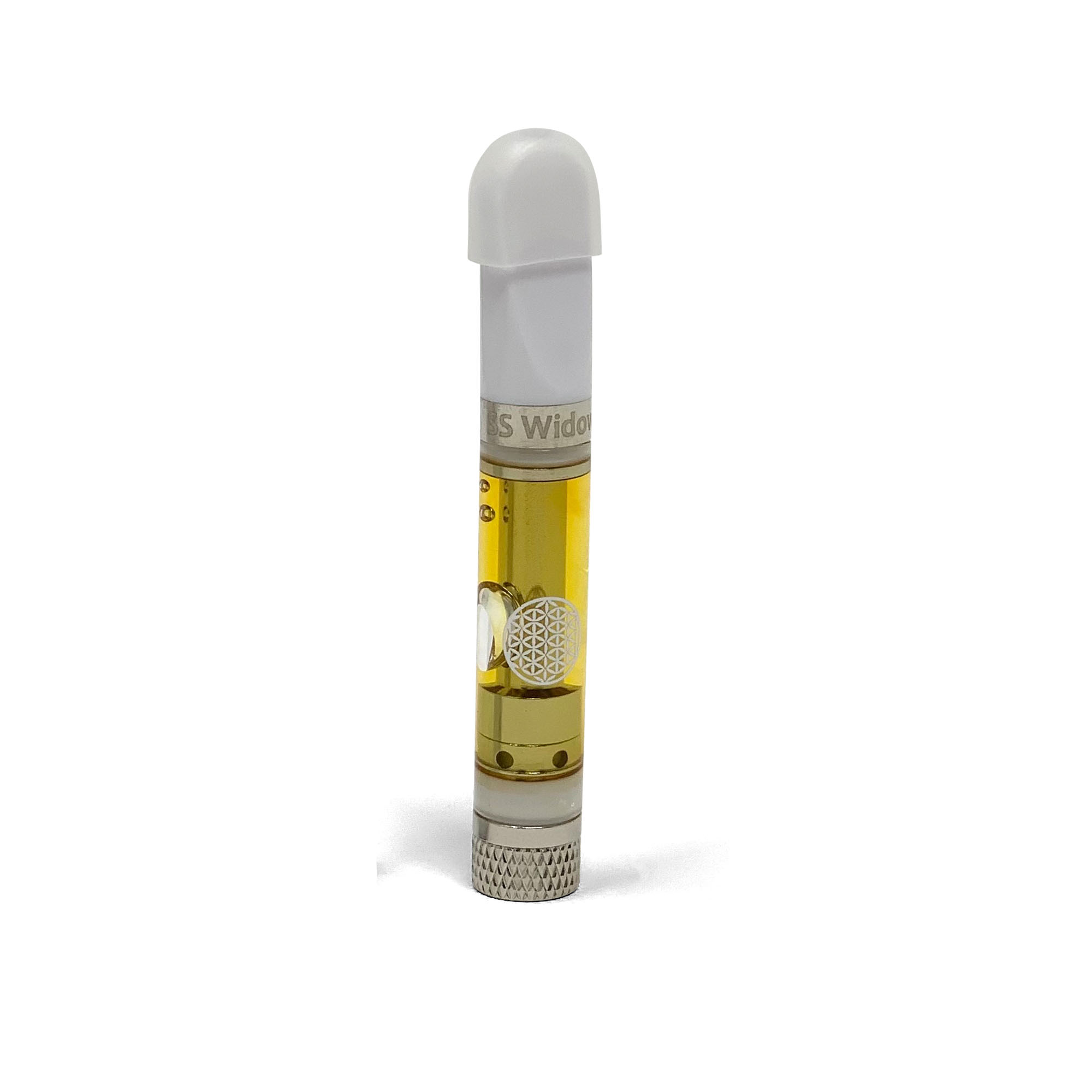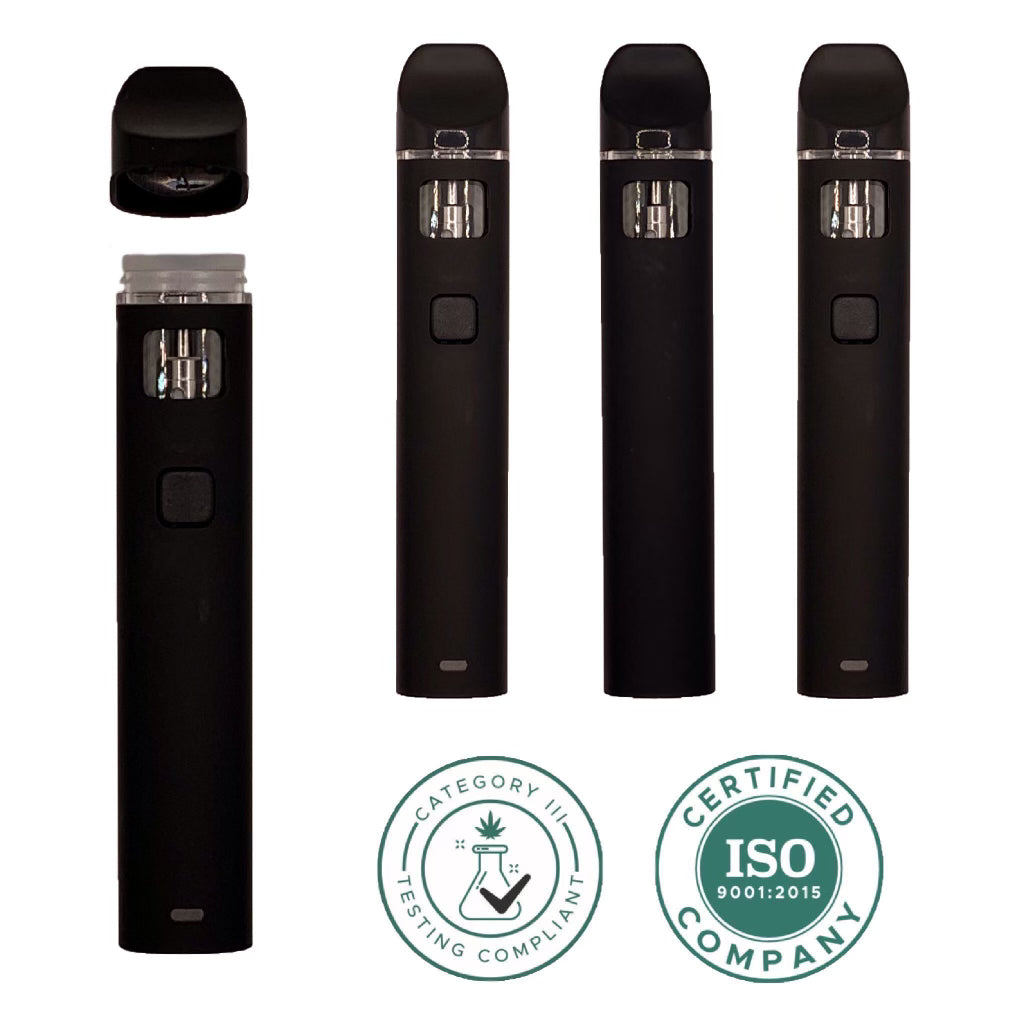Cake She Hits Different: Experience Distinct Tastes and Effectiveness
How to Locate the Perfect Disposable Carts That Are Cost-Effective and lasting
In the realm of disposable carts, the pursuit for sustainability and cost-effectiveness can typically feel like a balancing act. As consumers significantly prioritize eco-conscious choices without wanting to spend a lot, the look for the excellent cart that meets both criteria can be a difficult endeavor. Equipped with expertise on examining elements like materials, production procedures, and lasting costs, it is possible to browse this landscape efficiently. By understanding the subtleties of sustainability versus price in cart selection, one can make educated choices that not just profit the atmosphere but additionally their budget.
Comprehending Sustainability Vs. Expense in Carts
Sustainability and expense factors to consider play crucial roles in determining the viability of non reusable carts for different industries. When evaluating the sustainability of non reusable carts, variables such as the materials made use of in production, the cart's lifespan, and its disposal method need to be taken into account.
On the other hand, price factors to consider are similarly essential (Cake Cart). While lasting materials and features might come at a greater initial price, they can cause long-term cost savings by decreasing the demand for regular cart substitutes. Carrying out a complete cost evaluation that includes not simply the purchase rate but additionally disposal, upkeep, and replacement costs is essential in making a monetarily sound choice
Stabilizing sustainability and cost is vital to discovering the perfect disposable carts that are both eco-friendly and financially possible for businesses throughout numerous industries.
Factors for Evaluating Cart Sustainability
When examining the sustainability of non reusable carts, an extensive evaluation of crucial aspects is essential to make enlightened decisions regarding their ecological influence and long life. Furthermore, examining the cart's manufacturing process is crucial as carts created utilizing energy-efficient techniques or sustainable practices contribute positively to their sustainability.
Another vital element is the cart's toughness and reusability. Selecting carts developed for multiple uses or those with exchangeable components can prolong their lifespan, therefore lowering the requirement for regular replacements and reducing waste generation. Evaluating the cart's end-of-life disposal alternatives, such as reusing or composting, is vital in determining its total sustainability.
Thinking about factors like the cart's power efficiency, carbon impact, recyclability, toughness, and end-of-life management alternatives can assist stakeholders make educated decisions when picking sustainable non reusable carts.
Cost-Effective Purchasing Tips for Carts
To make economical options when purchasing carts, customers can benefit from comparing rates across different retailers and thinking about long-term toughness. When searching for cost-efficient options, it's important to not just focus on the preliminary rate yet additionally factor in the long-lasting financial savings that come from long lasting carts that require fewer substitutes.
An additional cost-saving tip is to watch out for promotions, sales, and discount rates. Numerous merchants supply seasonal price cuts or bundle deals that can dramatically reduce the overall expense of purchasing carts. In addition, thinking about getting wholesale can frequently result in lower costs per device, specifically if you prepare for requiring multiple carts.
Moreover, checking out various brand names and products can additionally aid in locating an affordable cart option. Some brands might supply comparable high quality carts at reduced costs, or certain materials might be extra affordable while still being resilient enough for your needs. By looking into and contrasting different options, consumers can make enlightened choices that stabilize cost-effectiveness with high quality.
Examining Material Effect On Sustainability
In assessing the cost-effectiveness of non reusable carts, a crucial facet to take into consideration is the influence of different materials on ecological sustainability. Going with materials that are biodegradable, recyclable, or made from eco-friendly resources can significantly reduce the carts' ecological footprint. For example, selecting carts made from recycled plastics or bioplastics stemmed find out here from plant-based resources can assist lessen click here for info the overall carbon emissions and power consumption linked with their production. Furthermore, picking products that are easily recyclable at the end of the cart's life cycle promotes a much more circular economic situation and minimizes waste sent out to garbage dumps.

Locating the Right Equilibrium for Your Requirements
When choosing disposable carts for your specific needs,Striking the ideal balance between sustainability objectives and operational requirements is a crucial consideration. To attain this equilibrium, it is vital to perform a thorough evaluation of your company's restrictions and top priorities. Begin by specifying your sustainability purposes, such as minimizing waste or decreasing ecological effect, and align these with your operational necessities, like resilience and cost-efficiency.
When evaluating potential non reusable cart choices, focus on functions that support both sustainability and performance. Look for carts made from recyclable or biodegradable materials without endangering on quality or efficiency - cake disposable carts. Consider the cart's design and comfort designs to guarantee it fulfills your functional requirements while likewise being eco friendly
Furthermore, engaging with distributors that share your sustainability values can enhance your look for the best non reusable carts. Working together with ecologically mindful partners can cause innovative options that accommodate your certain requirements while remaining true to your sustainability goals. By finding the ideal equilibrium between sustainability and functional needs, you can determine non reusable carts that are both environment-friendly and cost-efficient for your organization.
Conclusion
To conclude, when looking Read More Here for the ideal disposable carts that are both cost-effective and sustainable, it is important to take into consideration elements such as material influence, longevity, and recyclability. Balancing these aspects can result in a much more financially sound and eco pleasant choice. By assessing the sustainability of carts together with their cost-effectiveness, consumers can make educated choices that straighten with their needs and values.
When examining the sustainability of non reusable carts, aspects such as the materials used in manufacturing, the cart's life expectancy, and its disposal method must be taken right into account.When assessing the sustainability of disposable carts, a comprehensive analysis of vital factors is essential to make educated choices regarding their ecological effect and long life. Additionally, examining the cart's manufacturing procedure is vital as carts created utilizing sustainable techniques or energy-efficient techniques contribute favorably to their sustainability.
